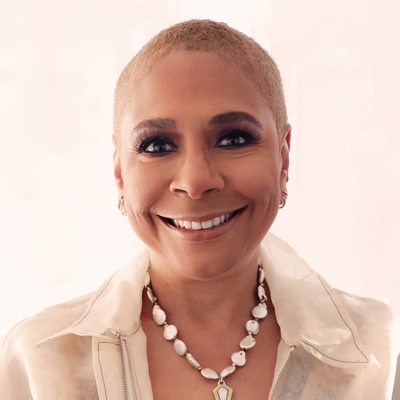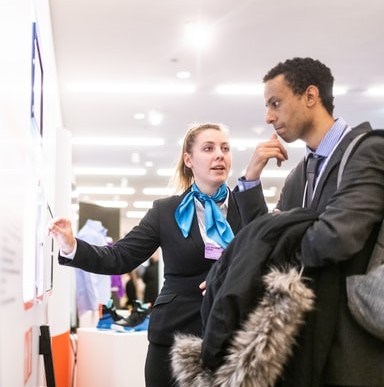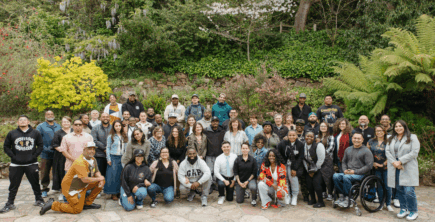
LGBT

Diversity in the workplace does not always translate to equity—unless there are people in the room who can ensure intersectional inclusion in hiring, promoting, and determining compensation. Tides’ CEO Janiece Evans-Page realized early in her career that she had to be one of those people in the room and continues to champion equity in the workplace, using her lived experience to guide her. We speak with her about the challenges she has faced in her career and how she has provided the support she needed as a Black professional to others.

“We often have to prove ourselves by consistently demonstrating high achievement before we are promoted or hired,” Janiece says, “while others can be hired or promoted based on “potential.”
As CEO of Tides, people may not associate you as someone who has struggled in the workplace, but of course your success did not happen overnight. What were your observations about Black equity in the workplace, particularly in the corporate sector, throughout your career? How was it when you were starting out versus now?
Where do I start? The struggle is REAL! I would be really surprised if someone thought that I haven’t struggled in the workplace—because I am the CEO of Tides. My career spans several industries, organizations, and functions. My observations about Black equity in the workplace were my [and others’] realities. I witnessed a lot of inequities in the hiring process—particularly regarding promotions, advancement, and pay. I have had some experiences that clearly indicated implicit AND conscious bias. Even when I was told that I was a high performer and on the “list” for promotions, there was always an excuse when the promotion did not happen. We often have to prove ourselves by consistently demonstrating high achievement before we are promoted or hired—while others can be hired or promoted based on “potential.” When I started out, I was aware that I would always have to do more to be recognized as a qualified, competent asset. My parents planted this seed in me early! How is it now? I still have to do more in order to be recognized and hired as a leader.
Was there an aha moment for you when you realized you could make a difference in creating more space for Black professionals in the workplace?
There were many aha moments. I always leaned into recruiting, hiring, and/or mentoring Black professionals at every company where I’ve worked. I have always engaged my bosses in conversations about diversity, equity, and inclusion. And, I’ve always ensured that my bosses knew that I knew that performance matters—which then provided much grace for me to intentionally open the door for other deserving Black professionals.

Throughout Janiece’s career as a successful Black female professional, she has often felt like the exception in the room. © Evangeline Shaw
You have held several leadership roles in your career. Were you often the exception in the room, or did you find yourself among a growing number of Black colleagues? What challenges/opportunities did that pose?
I was mostly the exception in the room. While there may have been other Black colleagues, I question saying that there has been a growing number. There were periods of time when there was growth, but not systemic change whereby the growth could be sustained. I realized that I had to be “in the room where it happens” to affect change. The challenge? You are mindful that you’re one of a few. There are unconscious and conscious biases that you constantly face—and must address. The opportunity? I have an incredible village of strong, Black girlfriends who are also professionals. We laugh together, cry together, share best practices and resources, and uplift each other. Through sharing our experiences we can lift one another up.

LGBT

Corporate Partners

Philanthropy

Read the stories and hear the voices of social change leaders fighting for justice.